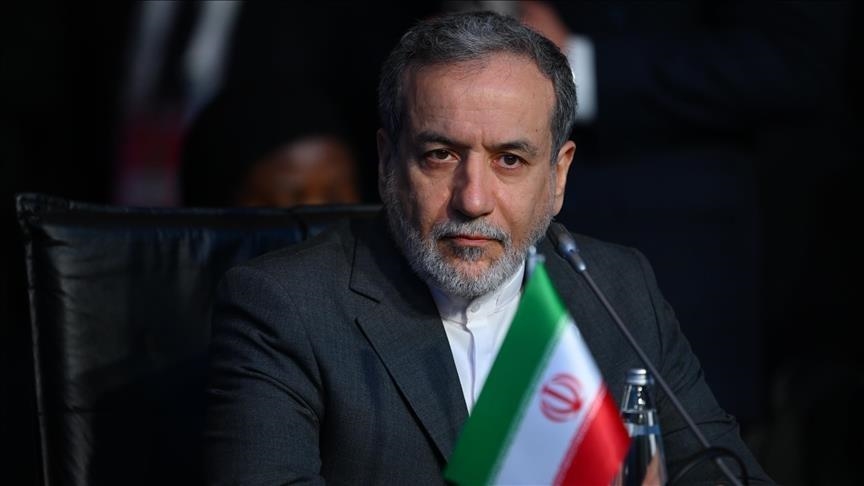Iran warns it will end cooperation with IAEA if sanctions reinstated
E3 move to revive sanctions would cause ‘irreparable damage’ to Europe’s image, says Foreign Minister Araghchi

ISTANBUL
Iran warned on Friday that it will terminate cooperation with the International Atomic Energy Agency (IAEA) if UN sanctions are reimposed through the snapback mechanism by European powers, Iranian news agency IRNA reported.
Foreign Minister Abbas Araghchi criticized the decision of the three European JCPOA members – UK, France, and Germany – to trigger the mechanism, calling it “legally and politically baseless” and a “serious threat to Europe’s international credibility and the 2015 nuclear agreement.”
Araghchi warned that the E3 move to revive the sanctions would cause “irreparable damage” to Europe’s image, stressing that “in this game, the three countries will not only fail to emerge victorious but will also be sidelined from future diplomatic processes.”
He added that ignoring this short opportunity to change course would lead to “widespread destructive consequences” for West Asia and the international system, undermining international agreements and destabilizing collective security.
The Iranian foreign minister said Tehran “will never compromise on its sovereignty, rights, or security.”
He said implementation of the latest agreement signed with the IAEA on Sept. 9 – brokered with Egyptian mediation – remains tied to the condition that no hostile measures, including the reinstatement of canceled UN Security Council resolutions, are taken against Iran.
“Otherwise, the Islamic Republic of Iran will consider its practical steps as having come to an end,” Araghchi said.Despite pressures and attacks, Araghchi emphasized that Iran has consistently demonstrated restraint and commitment to diplomacy in resolving issues related to its peaceful nuclear activities, and remains ready for “constructive and meaningful dialogue” while safeguarding its rights under the Nuclear Non-Proliferation Treaty (NPT).
European signatories of the 2015 nuclear agreement – the UK, France, and Germany – triggered the snapback mechanism under UN Security Council Resolution 2231 on Aug. 28, after Iran halted cooperation with the UN nuclear watchdog, claiming it to be biased.
Iran denounced the European move as legally baseless and politically motivated.
Tension escalated after Israel launched a surprise attack on Tehran on June 13, targeting military, nuclear, and civilian sites as well as senior military commanders and nuclear scientists.
Tehran launched retaliatory missile and drone strikes, while the US bombed three Iranian nuclear sites. The 12-day conflict came to a halt under a US-sponsored ceasefire that took effect on June 24.
The European powers want Iran to restore access for UN nuclear inspectors, address concerns about its stock of enriched uranium, and engage in talks with the US, which were continuing with Oman's mediation but ended after the Israeli attack.
China opposes snapback against Iran
Meanwhile, China pushed back on the snapback mechanism by European powers, saying it “firmly upholds resolving Iranian nuclear issue through political and diplomatic means.”
“We oppose the use of force, or sanctioning or pressuring. The snapback is not constructive and will not be conducive to reestablishment of trust and bridging differences,” Foreign Ministry spokesman Guo Jiakun told reporters in Beijing.
“It is imperative to strengthen diplomatic efforts, avoid escalation of tensions.”
China “will play constructive role to reaching a plan acceptable to all parties,” the spokesman added.
Anadolu Agency website contains only a portion of the news stories offered to subscribers in the AA News Broadcasting System (HAS), and in summarized form. Please contact us for subscription options.







